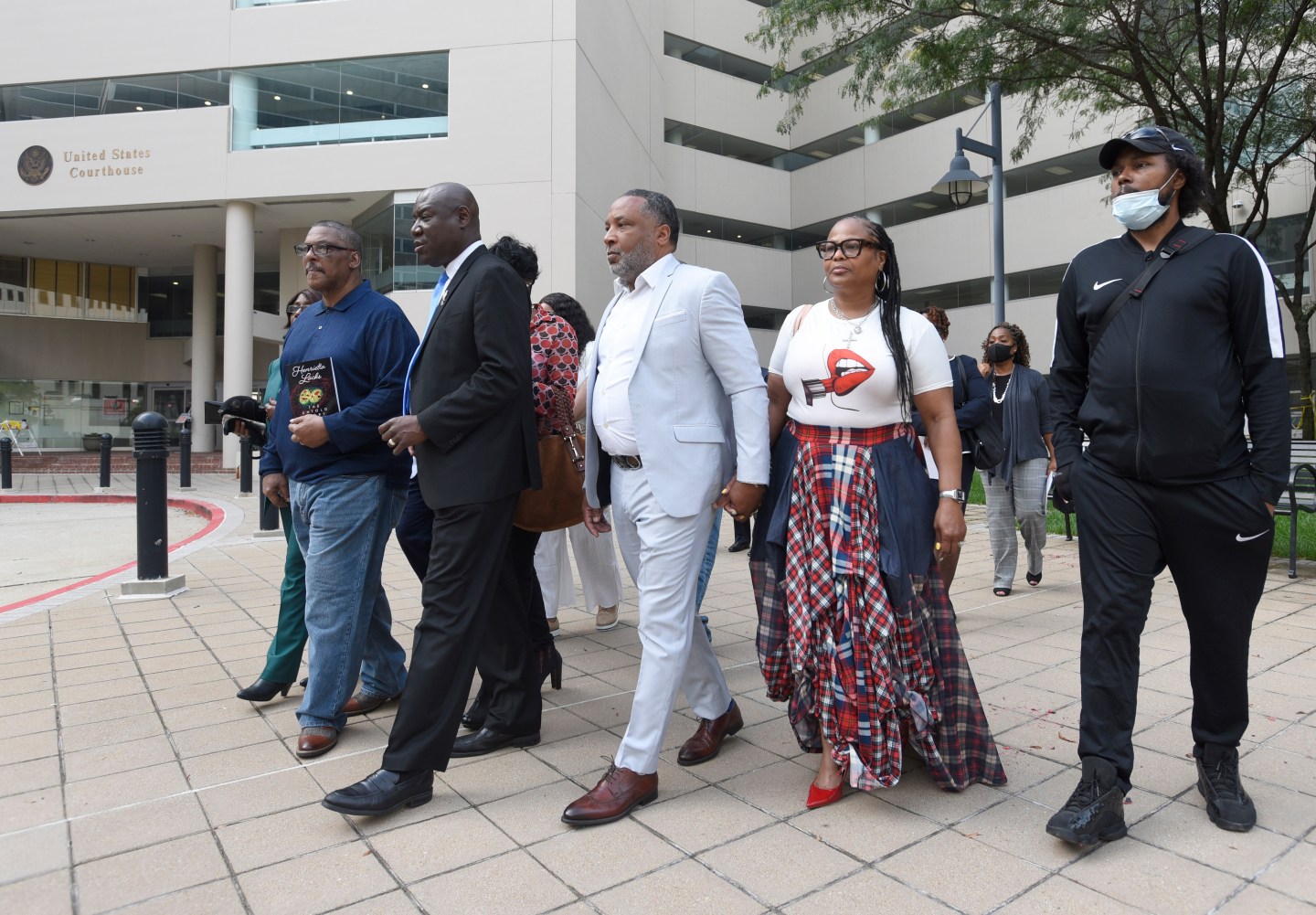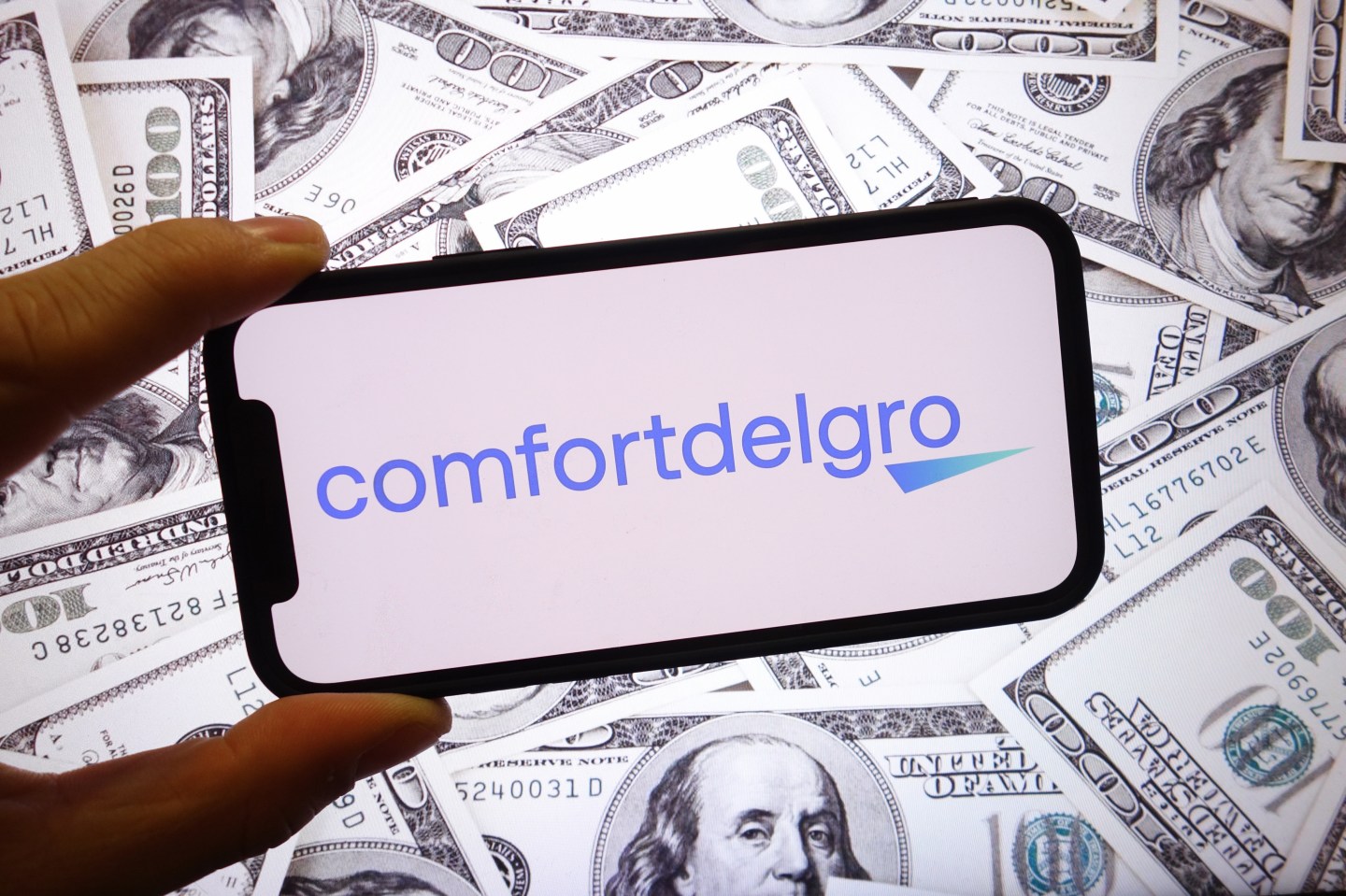Amazon-owned Zoox will begin offering rides to the public in its toaster-shaped, steering-wheel-free shuttles for the first time, marking an important milestone in its efforts to commercialize its futuristic robotaxi service after years of testing.
The initial service, which Zoox announced on Wednesday, will be in Las Vegas and will be limited to pick-ups and drop-offs at a select number of pre-approved locations on the Las Vegas Strip.
The robotaxi service will initially be offered to passengers free of charge, as Zoox has yet to receive regulatory approval to charge fares. The service will initially consist of approximately 50 Zoox vehicles across Vegas and San Francisco, a Zoox spokesperson said, with the majority of the vehicles in Nevada. The company plans to scale up over time to meet demand, the spokesperson said.
For now, riders in Las Vegas will only be able to travel between specific, pre-approved locations such as Resorts World Las Vegas, AREA15, New York New York, Luxor, and Topgolf, according to Zoox. The company had been running a preview to select invitees the last few weeks to get feedback from riders in advance of the public launch.
Waymo, the frontrunner in the robotaxi industry, is currently operating in five cities and has driven 100 million miles. Tesla has launched a limited commercial service in Austin with safety drivers in the front passenger seat, and May Mobility offers an autonomous shuttle service in several cities.
Despite its limited launch, the Zoox offering is an important step in the company’s quest to become the first company to debut a commercial service with a so-called “purpose-built” robotaxi, meaning that its vehicle doesn’t have the standard features of a manually-driven car, like steering wheels, pedals, or rearview mirrors. Zoox’s approach has been more complicated from a regulatory standpoint, allowing some of its competitors, who also eventually plan to use purpose-built robotaxis, to get their vehicles out on the streets faster.
Zoox had been planning to launch a paid commercial service by the end of the year. The company is no longer committing to that timeline: “We will introduce paid rides as a next step and upon receiving regulatory approval,” a spokesperson says.
Zoox has had somewhat of a bumpy ride as it has prepared to launch service, having to make software updates after a few incidents involving test vehicles using its software in Las Vegas and San Francisco. The federal highway regulator, NHTSA, which had been investigating the company over whether its vehicle design complied with standard vehicle regulations, closed the investigation earlier this year after Zoox agreed to apply for a regulatory exemption for its vehicle. The exemption paves the way for Zoox and other companies to have specially-built autonomous vehicles on the road, though it will also limit the number of vehicles the company is able to manufacture each year as a result.













